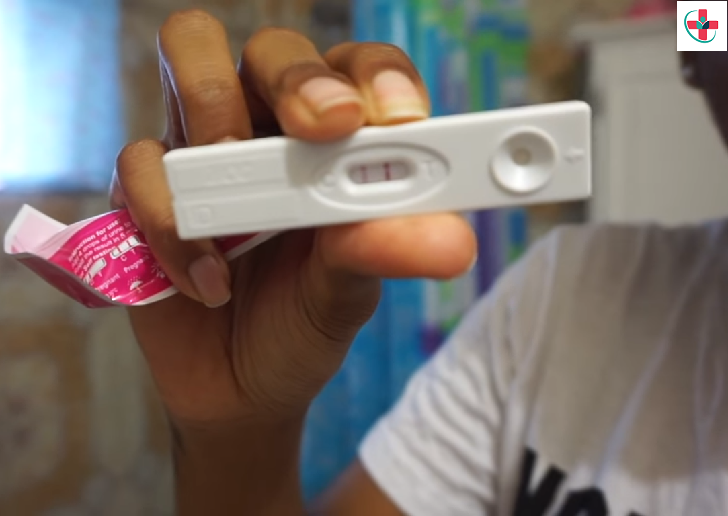When should I take a home pregnancy test? If I shake the pregnancy test could it affect my results? If I am taking fertility medications can they cause false positive pregnancy results? The process of taking a home pregnancy test can come with a great deal of questions and concerns, but today we have Marcy F. Maguire, MD, FACOG of Reproductive Medicine Associates of New Jersey (RMANJ) addressing some of the more common questions. The reality is that pregnancy tests can’t tell you anything until your body starts producing detectable levels of the hormone hCG that these tests are designed to identify. Whether you’re hoping to be pregnant or hoping you’re not, you might be eager to take a test the minute you’ve finished having sex, but here are some things you need to know:
When, after sex, should you take a home pregnancy test to ensure the most accurate result?
A pregnancy test should be performed after the first day of a missed period. Tests performed prior to the first day of missed menses are less accurate and may provide false-negative results. If a female suspects that she is pregnant but has a negative urine pregnancy test, she should repeat the urine pregnancy test in 1 week. Alternatively, she may have her blood drawn to test for pregnancy. Blood (serum) pregnancy levels are much more accurate.
Can shaking the pregnancy test affect results? Are there any common “user errors” that might result in a false negative test?
The most common cause of a false negative urine pregnancy test is performing the test too early. On rare occasions, very high pregnancy hormone levels can also cause a false-negative result. Shaking the pregnancy test is not helpful. It will not help the urine to absorb into the test strip and the shaking motion may actually shake the urine out of the test causing a false negative result.
Some pregnancy tests promise earlier detection than others — are these less accurate?
Home pregnancy tests are most reliable when performed after the first day of a missed period. Some pregnancy tests are more reliable than others. In one study, First Response Manual was more accurate than Clear Blue Easy and EPT. (Cole LA. The utility of six over-the-counter (home) pregnancy tests. Clin Chem Lab Med. 2011;49(8):1317. )
It’s not harmful to take a pregnancy test prior to the first day of missed menses. However, if a female test early and the test is negative, she should check again at the time her period is due.
Do doctors have any other tips for home pregnancy testing that women should know? Do doctors recommend any specific type or brand?
Fertility medications can cause false-positive pregnancy tests. If a woman is taking fertility drugs, she should follow her physician’s recommendations for when to test for pregnancy. Women who have a positive pregnancy test should schedule a follow-up appointment with their OB/GYN as soon as possible so that their physician can monitor their blood for an appropriate rise in pregnancy hormones and also complete the normal initial tests performed in pregnancy.
The bottom line: Don’t think about pregnancy testing simply in terms of how long it’s been since you had sex. Instead, consider your menstrual cycle, and track those periods. Assuming you wait until after your period fails to make its regularly scheduled appearance, you can feel quite confident in the accuracy and reliability of your home pregnancy test. Also, remember that the most common cause of a false negative urine pregnancy test is performing the test too early. On rare occasions, very high pregnancy hormone levels can also cause negative results. Lastly, remember that having your blood drawn is much more accurate compared to home pregnancy tests.
